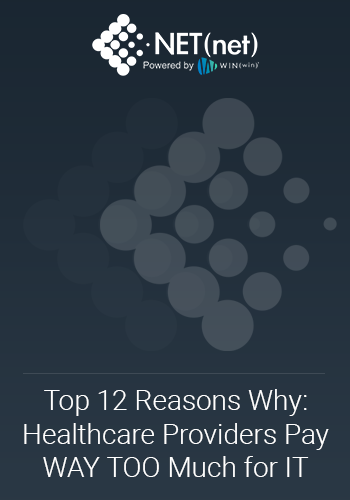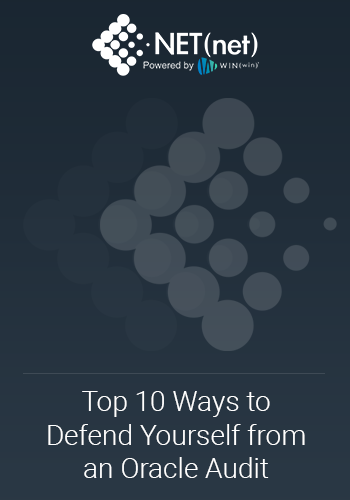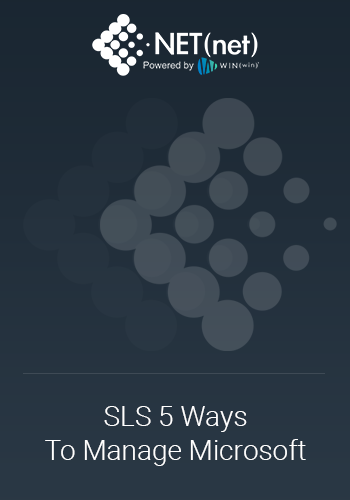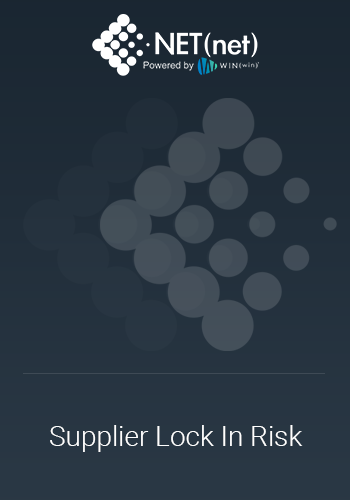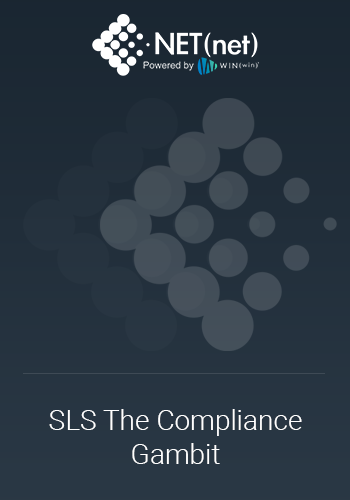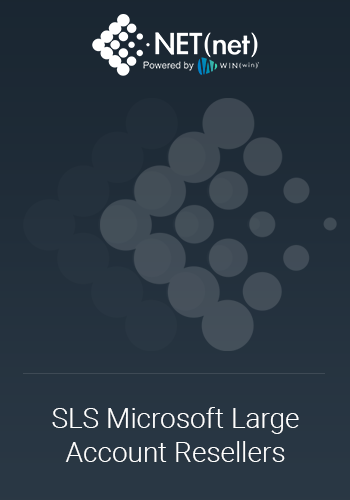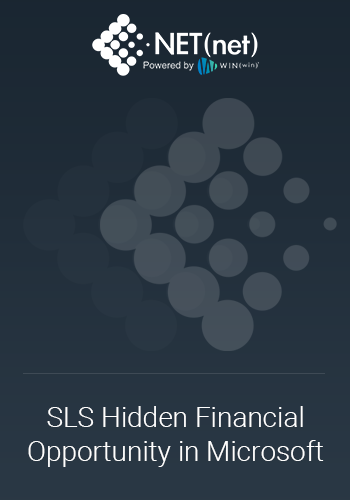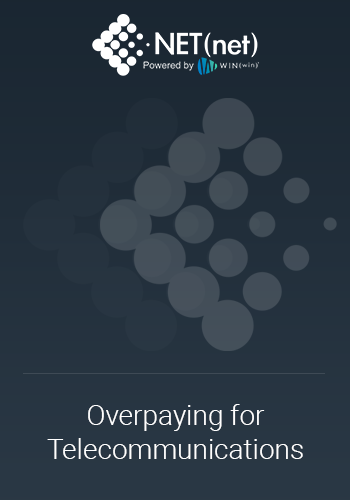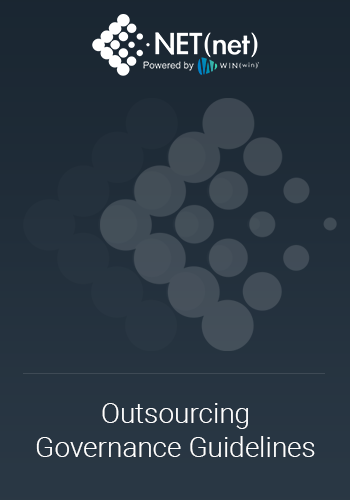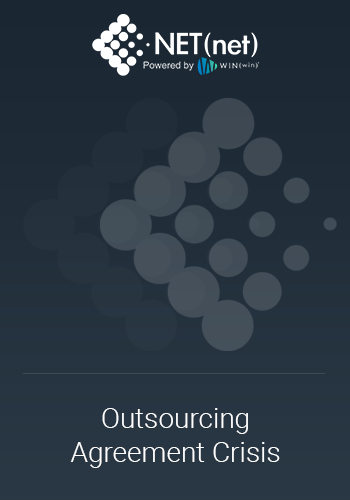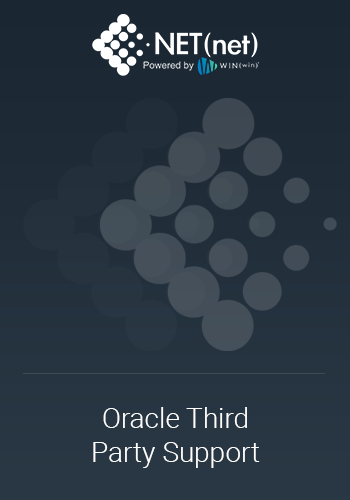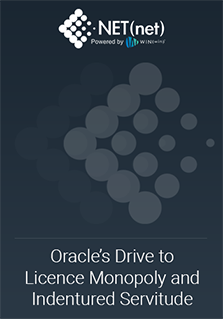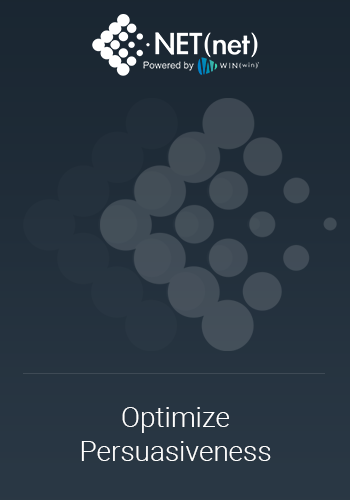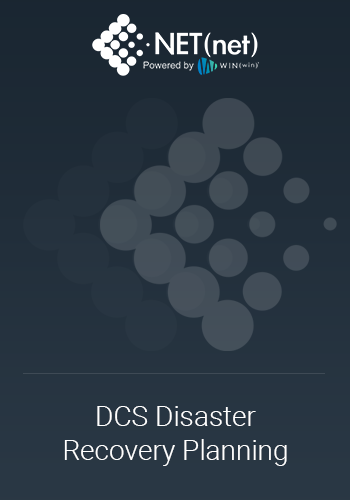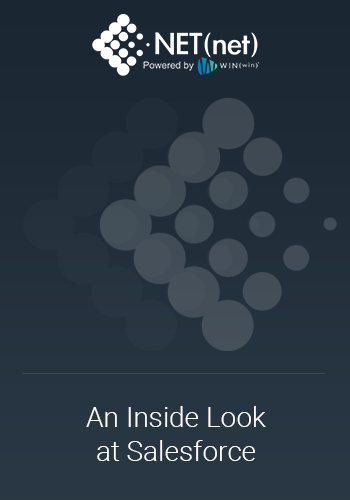Microsoft continues its market consolidation with price increases (and more to come). Who is surprised?
In recent weeks, many Microsoft customers have felt outraged and blind-sided by Microsoft’s price increases and licensing changes for SQL Server and the System Center suite of management tools. Sadly, Microsoft’s actions are predictable, and consistent with their past behavior. NET(net) has long advised its clients that Microsoft’s long-term product bundling strategies are designed to help weaker products gain market share and adoption, until sufficient critical mass is reached that Microsoft can reap profits by raising prices and tightening licensing terms.
Let’s review these two recent cases, and talk about what’s likely to happen during the next few years.
Case 1: System Center
Long-time Microsoft watchers will recall the product known as “SMS” (Systems Management Server). Originally released in 1994, SMS was positioned as a competing alternative to more mature and robust management suites from HP (OpenView), IBM (Tivoli) and other point solutions such as Altiris and Ghost. At first, SMS didn’t gain acceptance with enterprise customers, until Microsoft included SMS licenses bundled in Enterprise Agreements as part of the “BackOffice” suite.
In short, Microsoft bundled SMS with other more desirable products such as Windows and Office, resulting in a rapid increase in customer adoption and market share. In the years since, Microsoft has added or bought additional functionality, including products such as Microsoft Operations Manager (“MOM”) and Data Protection Manager, which were eventually folded into the suite of products now known as System Center.
So, now that System Center is a well-established brand, and the various products are widely deployed and in use (translation: dominant market share), Microsoft has announced a radical change in licensing, which for most customers translates into a substantial price increase. Microsoft is now going to reap profits from their market share, at the expense of their customers who are now locked-in to the Microsoft products that, just a few years ago, were weak against competitors.
Case 2: SQL
Originally written by Sybase Corp in the late ‘80’s, SQL Server grew out of a partnership between Microsoft, Sybase, and Ashton-Tate. As with SMS, Microsoft accelerated use of SQL Server by including licenses in the “BackOffice” bundle of products, which in turn was included in the Enterprise Agreement bundle of products. Yes that’s correct: bundles within bundles - a pattern that has only accelerated in recent years. In today’s Enterprise Agreements (which are, essentially, a bundle of licenses sold at a slight discount), Microsoft typically includes not one but two “CAL” suites, each of which in turn is a bundle of a few “must have” products, and a few products that have weak standalone value propositions.
So, we arrive at April 1, 2012 and the release of the 2012 edition of SQL Server. These days, SQL Server is a legitimate enterprise-class database engine; millions of businesses have built their operational infrastructure on top of MS SQL technology. It’s very difficult to switch to another database. So, why is anyone surprised that Microsoft has once again tightened the licensing rules and raised the prices for SQL Server?
These are not the only two cases of Microsoft (or other companies) using bundling to gain market share and increase long-term profits. Similar stories happened with Terminal Services (now “Remote Desktop Services” sold separately), Outlook (used to be free), and are currently being implemented with the Forefront suite of products, SharePoint, Lync, and others.
So how should Microsoft customers and NET(net) Clients use this knowledge to protect themselves while maintaining access to the technologies needed to run their businesses? Let’s examine SharePoint as one example. A product that originally was positioned as competitor to and replacement of Lotus Notes, SharePoint didn’t gain much traction in enterprises until Microsoft included SharePoint licenses in the Core CAL bundle (one of the sub-bundles of the Enterprise Agreement). Shortly after that, Steve Ballmer was proud to announce that SharePoint was one of Microsoft’s fastest-selling products ever. So clearly, the strategy works (for Microsoft).
NET(net) Clients should consider these Microsoft strategies on a long-term basis before adopting any products that are included in a licensing bundle; it’s not a simple matter of displacing another incumbent tool or supplier because the Microsoft bundle (at the time) has a lower price.
NET(net)’s Website/Blogs/Articles and other content is subject to NET(net)’s legal terms offered for general information purposes only, and while NET(net) may offer views and opinions regarding the subject matter, such views and opinions are not intended to malign or disparage any other company or other individual or group.

